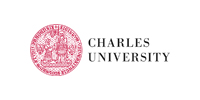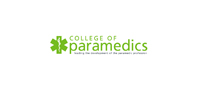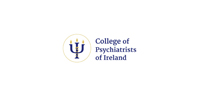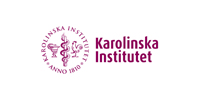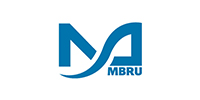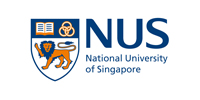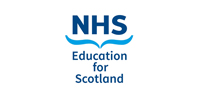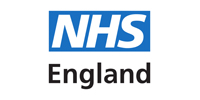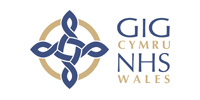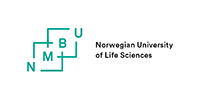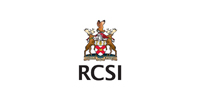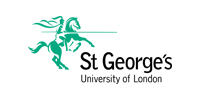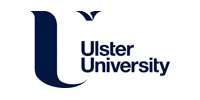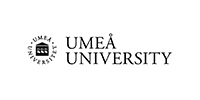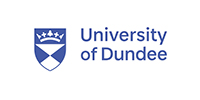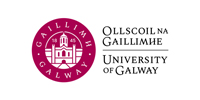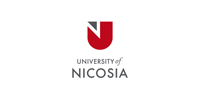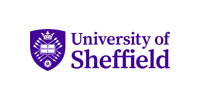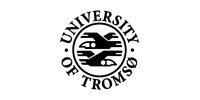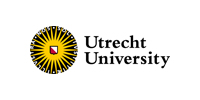By Enda Griffin
The School of Medicine at NUI Galway successfully ran a remote MMI in June 2020. Two cycles of 7 candidates were put through a 7 station circuit and candidates connected to the MMI event remotely from their homes. Interviewers attended the MMI event at the School of Medicine where stations were spread out throughout many rooms to maintain physical distancing and hygiene procedures were in place in line with public health advice. A laptop with built-in camera and microphone was situated at each station to accommodate video calls and a tablet was allocated to each Interviewer for the duration of the MMI to input scores and comments on Qpercom Observe.
Candidates were provided with information packs a week in advance and allocated a slot on the Thursday before the exam to connect to a video call on a mainstream video conferencing solution. This slot gave candidates a chance to ensure that they had a good internet connection at home where they planned to take the MMI from. In this case, all 14 candidates had a strong connection. In the event that any candidate encountered a poor connection they would be instructed to relocate to another location like a relative’s or friend’s home for the actual MMI event to ensure that every candidate would be able to maintain a strong connection for the duration of the assessment event.
On the day of the MMI, the invigilator team connected individual candidates at a laptop situated within each station 15 minutes in advance of the MMI commencing. As part of the connection procedure, invigilators checked the candidate’s ID and asked each candidate to share a 360 degree pan of the room they were taking the MMI from to ensure that only approved items such as scratch paper and a pen were available along with the device they were calling from. In line with physical distancing guidelines, 2 stations were located in each room with a large distance between stations so an invigilator was able to check in on 2 candidates in each room to ensure candidates were not communicating with anybody in their own home.
Interviewers logged into Qpercom Observe on their tablet and were presented with their candidate list and scenario assessment form. When the first whistle went off the interviewers entered their starting station to meet and verify the identity of the candidate before commencing with their interview scenario for the first student. After 7 minutes the whistle went off and all interviewers exited their stations and moved to the next station on the circuit. There was a 2 minute gap between stations to allow interviewers enough time to move stations and complete scoring on Observe. After 2 minutes, interviewers entered the next station to meet and verify the identity of the candidate before commencing with their interview scenario with the second candidate and this process continued until examiners had visited all 7 stations and successfully interviewed all 7 candidates.
During the break for interviewers, the invigilators thanked the first group of candidates and ended those calls. They then connected the second group of candidates on video calls at each station and verified their IDs and setups again, similar to the first cycle. For the commencement of the second cycle, interviewers returned to the station they started at for the initial cycle and started from there again with the second cycle of candidates.
At the end of the second cycle all scores and comments were available to the MMI team on Qpercom Observe so candidate performances could be evaluated and standard settings applied in line with best practices.


